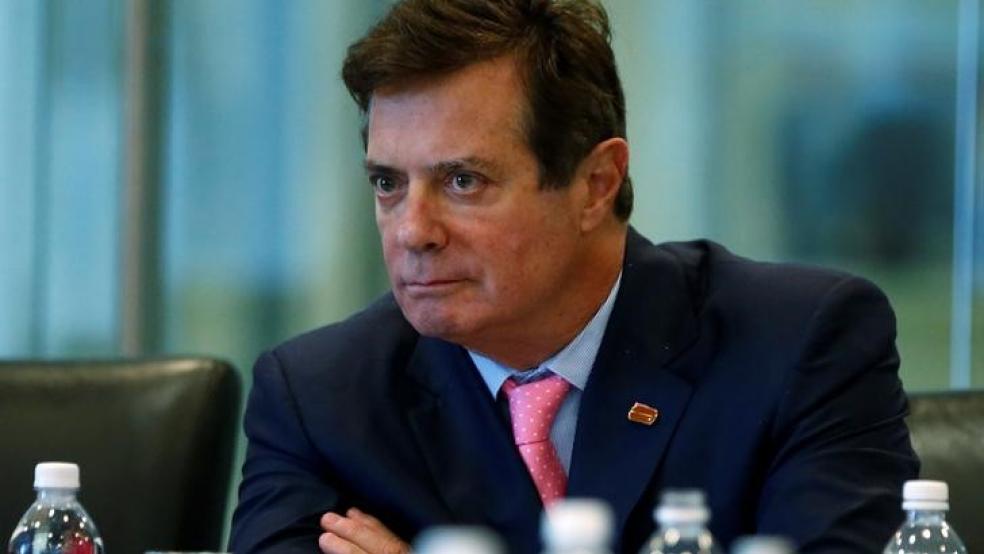As a campaign rally over the weekend drew near its end, Donald Trump told his supporters he wanted to address an issue “of great and deep personal importance.” He went on: “In recent days, across this country, I’ve asked the African-American community to honor me with their vote. I fully recognize that outreach to the African-American community is an area where the Republican Party must do better.”
“The GOP is the Party of Lincoln, and I want our party to be the home of the African-American vote once again. I want an inclusive country, and I want an inclusive party.”
Related: Trump Tries to Seize ‘Law and Order’ Mantle in Outreach to Black Voters
Under other circumstances, Trump’s words might have signaled a major shift not just for Trump but for the GOP as a whole, which has struggled badly with black voters for nearly two full generations.
However, given that Trump was addressing an overwhelmingly white crowd in overwhelmingly white Fredericksburg, Virginia, the message was far from clear.
Trump is actually spending a lot of time these days telling white people how much he cares about black people. Maybe he’s hoping the news will spread to the African-American community since he doesn’t seem inclined to actually address black organizations like the NAACP or the National Urban League even when he’s invited.
Or perhaps Trump isn’t really talking to black people at all, either in person or indirectly.
Related: Is Trump Dumping His Plan to Deport 11 Million Illegal Immigrants?
In the week since Trump brought in bomb-throwing Breitbart News Executive Chairman Steve Bannon as campaign CEO, the candidate has repeatedly asked for the African-American vote while speaking to white crowds. Last week, in a speech delivered in a 95-percent white suburb of riot-scarred Milwaukee, Trump railed against “the gangs, the cartels and criminal syndicates terrorizing our neighborhoods.”
He said, “There is no compassion in allowing drug dealers, gang members and felons to prey on innocent people. It is the first duty of government to keep the innocent safe, and when I am president I will fight for the safety of every American — and especially those Americans who have not known safety for a very, very long time.”
When journalists covering the event took pictures of the crowd, there were no African-American faces to be seen.
There is a long history of Republican politicians, including George H.W. Bush, Ronald Reagan, Richard Nixon and Barry Goldwater, telling their majority white constituencies about the horrors of crime in American cities (read: where black people live) and promising to bring back “law and order.” The object was never really to win over the African-American vote so much as to frighten nervous whites into voting for the person who promised to protect them. Trump’s new message looks like a variation on that theme.
Related: Is Trump Really Running a Campaign Anymore?
The change in tone toward African-Americans followed on the heels of Bannon’s appearance on the scene. As the proprietor of Breitbart News, he has overseen the conversion of the site into a bastion of the so-called “alt-right,” a branch of the Republican Party that traffics in what can be charitably described as white ethnocentrism.
The idea that Trump would bring Bannon on board and immediately begin to seriously court the African-American vote doesn’t pass the laugh test. Chances are what’s happening here is more subtle — and deeply cynical.
Related: Trump’s First Campaign Ad Strikes a Dark, Familiar Tone
The racial animosity of Trump’s core supporters has long been apparent to anybody paying attention, and it may be costing him votes among Republicans who want to support their party’s nominee but find themselves embarrassed to be associated with some elements of the Trump coalition.
Sending the candidate out on stage to talk repeatedly about his abiding concern for the African-American community creates at least a plausible argument that Trump hasn’t been playing to the resentments of disaffected white people all along: “He can’t be a racist. Just listen to what he says about black people.”
It also works without sending Trump to talk to actual living, breathing African-Americans in the places where they live — because the message isn’t meant for them, anyway.
And if any of Trump’s alt-right fans start to wonder if the GOP’s nominee really shares their attitudes after all, they need only look at who’s standing behind him. Bannon’s presence should be all the reassurance they need.






